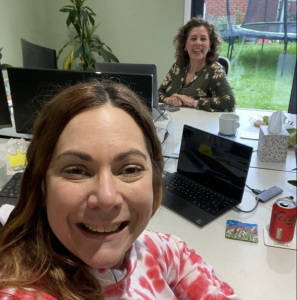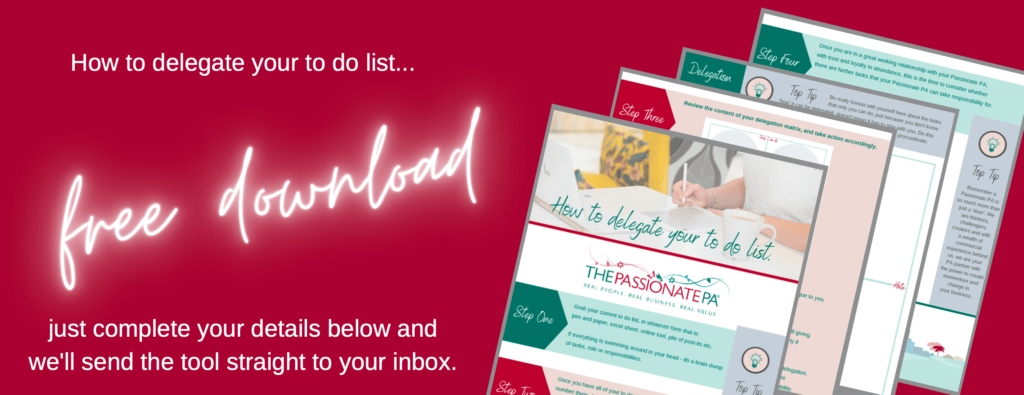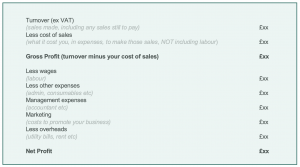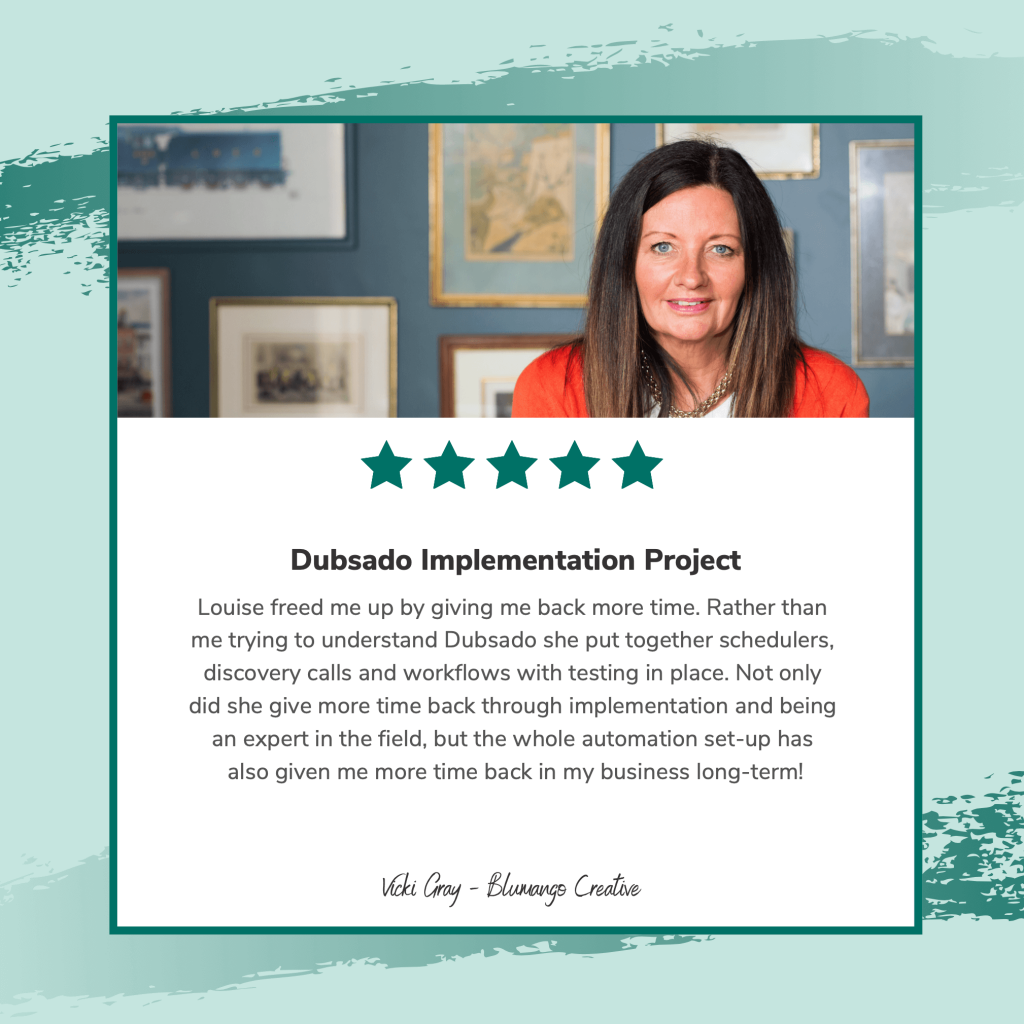This blog is written by Jenni Bowman, a seasoned freelancer having been a Passionate PA franchisee for over 6 years. Here she shares how collaboration within our team adds spectacular value to her clients.
Jenni’s Story
As a business support specialist and strategic partner to my clients, I am used to solving problems. Solving problems for clients is part of why I love what I do so much, but recently I was able to solve a problem in record time… I simply told them they needed another The Passionate PA.
The Problem
I have been engaged with this particular client for many years. In terms of an ideal client, they absolutely fit the bill. They are an ambitious digital media business growing fast. We work brilliantly together and they are an asset to my client bank.
However, they are growing so fast they were needing more and more support with HR and Recruitment. Whilst I love HR and recruitment, my diary is full for the short-term, leaving a resource gap in their business.
But it is simply not a problem when you have a HR expert up your sleeve!
Enter Steph Taylor! 🚀
I discussed the potential solution with my client and within a matter of days, I had onboarded Steph into the business and the results have been nothing short of outstanding.
Together, Steph and I have been able to….
🌟 Refine and hone the recruitment onboarding process to ensure that all new recruits receive a first class experience not only on day 1 of their employment, but all the way through probation. We are working with the senior management team to develop that process even further.
🌟 Successfully onboard 1 new recruit, whilst advertising for a further four posts. Using our skillset to write the ideal job description, create a job advert and sift through applications to generate a shortlist of interview ready candidates.
🌟 We are now working on ensuring that the business offers an employee engagement experience to guarantee staff feel valued, supported and engaged. This benefits not just the people but the business too.
Happy Client
This could have been a trying time for my client. But, they trust me and know that a fellow Passionate PA will have the same ethos, attitude and second-to-none training from our franchise. It was always going to be a winning solution! Huge amounts of momentum are being gained which, of course, means the client is delighted.
 Happy Passionate PAs too!
Happy Passionate PAs too!
As the picture shows too, Steph and I LOVE working together. We bounce ideas off each other, delegate tasks between us and ensure that no stone is left unturned for this client. We are learning from each other, collaborating like never before and as a result, we have a happy client and very happy Passionate PAs too!
Further blogs from The Passionate PA:














 Kate Chastey is the Franchisor of The Passionate PA and after nearly 15 years in business, it’s fair to say she is an incredibly experienced freelancer in her own right. She has worked with hundreds of ambitious business owners on an outsourced basis, and she now mentors each of our Passionate PAs to help them build successful and rewarding client relationships too.
Kate Chastey is the Franchisor of The Passionate PA and after nearly 15 years in business, it’s fair to say she is an incredibly experienced freelancer in her own right. She has worked with hundreds of ambitious business owners on an outsourced basis, and she now mentors each of our Passionate PAs to help them build successful and rewarding client relationships too.








